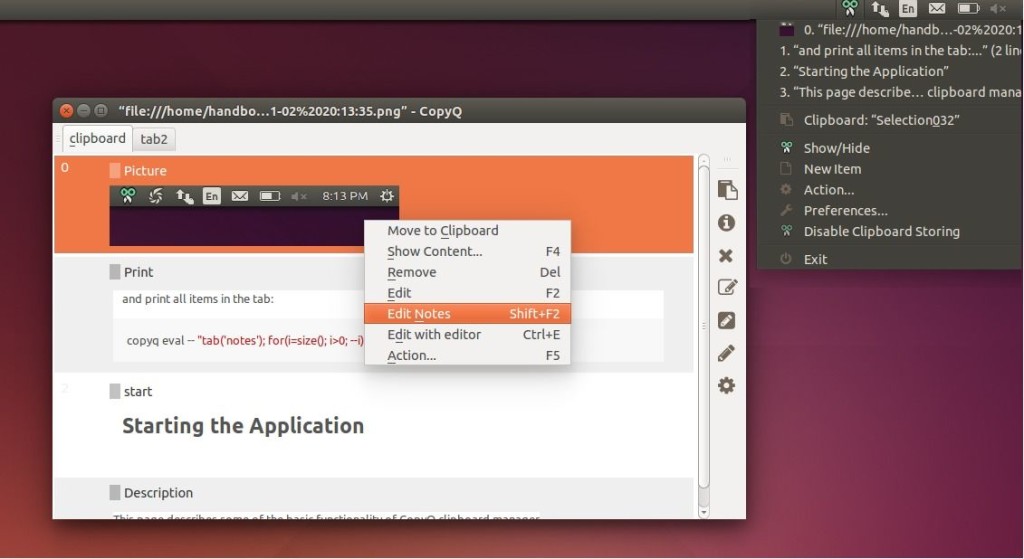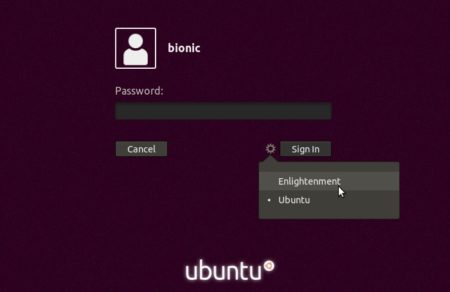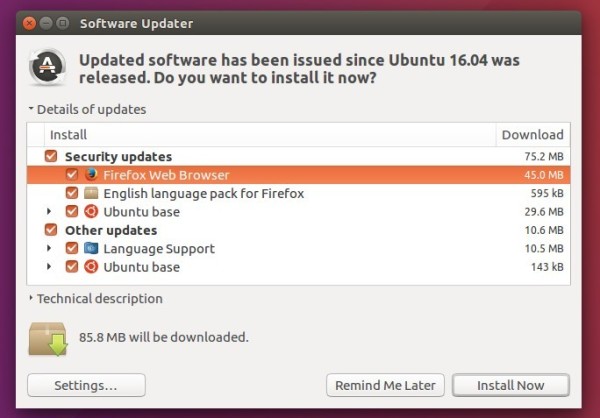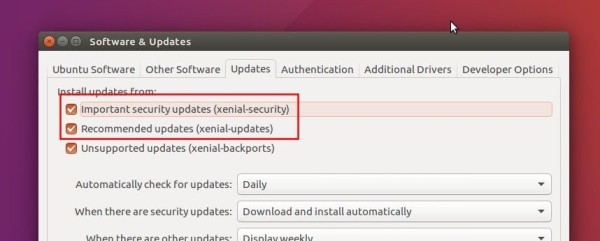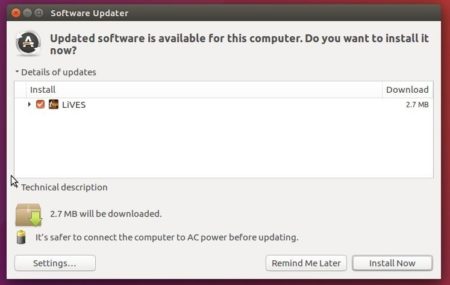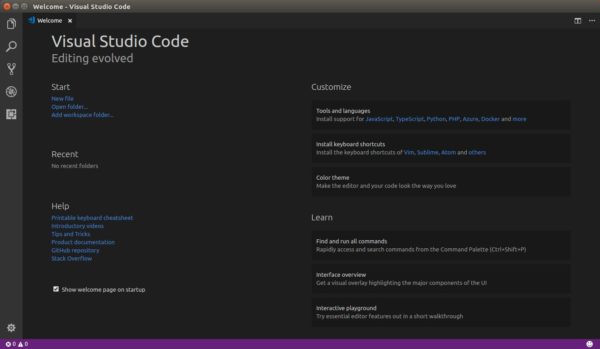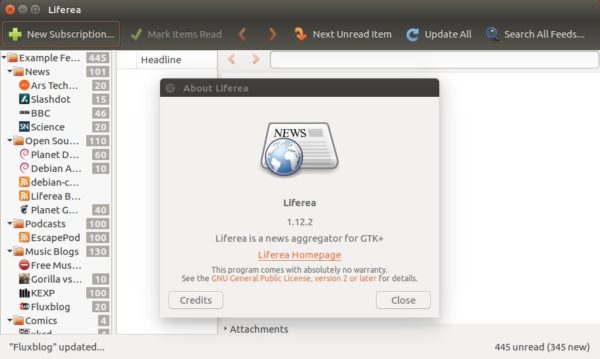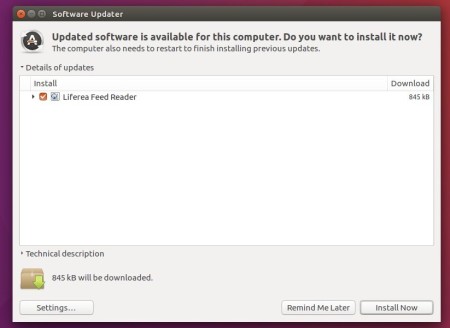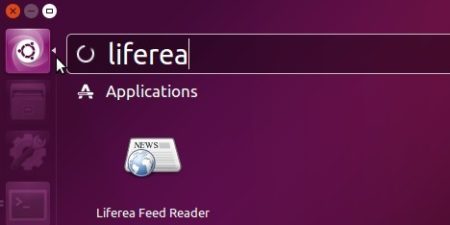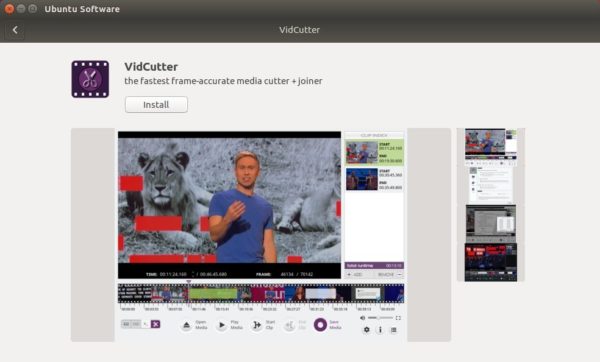![]()
Kid3 audio tag editor reached the 3.6.0 release earlier today with some new features, MP4 support improvements and bug-fixes.
New features and improvements in Kid3 3.6.0:
- New look for Android app using Qt Quick Controls 2.
- Editor for star ratings, configurable mapping between rating values and number of stars.
- Option to restrict length of file names.
- Option to show hidden files in file and directory lists.
- Support adding unknown 4 letter atoms to M4A files.
- Allow Camelot wheel value 1A-12A, 1B-12B for initial key.
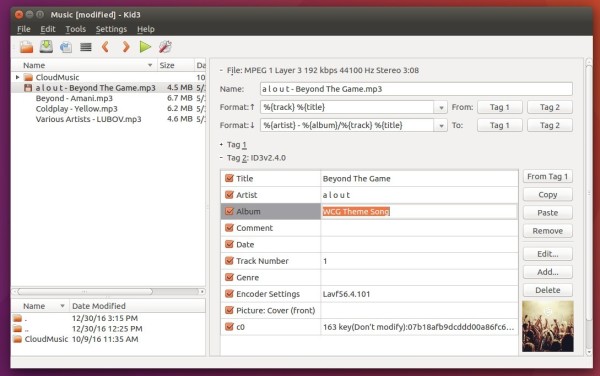
How to Install Kid3 3.6.0 in Ubuntu:
The developer maintains a PPA repository with the latest packages for Ubuntu 14.04, Ubuntu 16.04, and Ubuntu 17.10.
1. Open terminal either via Ctrl+Alt+T or by searching for ‘terminal’ from app launcher. When it opens, run command to add the PPA:
sudo add-apt-repository ppa:ufleisch/kid3
Type in your password (no visual feedback while typing) when it asks and hit Enter to continue.

2. Then run following commands to install or upgrade the audio editor:
sudo apt update sudo apt install kid3-qt
For KDE users, replace kid3-qt in the last command with kid3 for better integration.
To upgrade Kid3 from an existing release, simply install the updates via Software Updater:
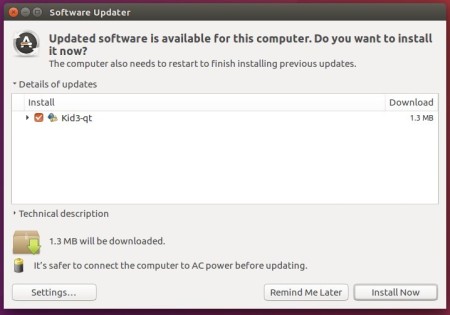
Uninstall:
To remove the PPA, launch Software & Updates and navigate to ‘Other Software’ tab.
To remove Kid3 tag editor, either use system package manger or run command:
sudo apt-get remove --autoremove kid3 kid3-*




